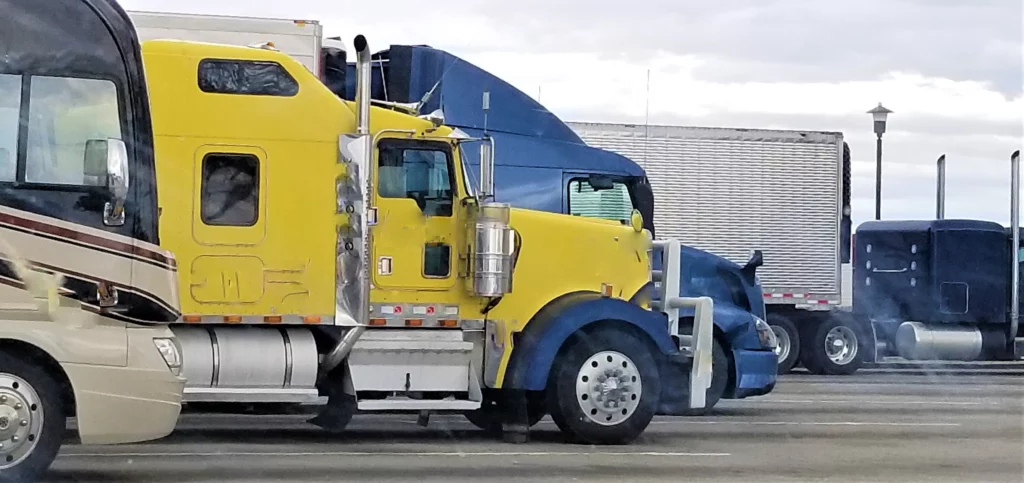The Heavy Highway Vehicle Use Tax is an annual federal excise tax on heavy highway trucks and other motor vehicles operating on public highways. Anyone who is required to register large trucks and buses with a taxable gross weight of 55,000 pounds or more must pay the tax.
The required tax return is Form 2290, Heavy Highway Vehicle Use Tax Return.
Form 2290 Due Date
In most cases, the filing and payment deadline for the tax is August 31, 2023. The tax on newly acquired trucks and other vehicles is paid at different times during the year, based on when the vehicle is first used.
The IRS encourages businesses to e-file Form 2290, in order to avoid errors and ensure speedy processing times.
Schedule 1 Form 2290
Filers use Schedule 1 of Form 2290 to report all vehicles for which they are reporting the use tax.
The IRS sends an electronically stamped Schedule 1 within minutes after accepting an e-filed return.
If filing by mail, taxpayers should make sure they use the correct mailing address. Taxpayers who file by mail will receive their stamped Schedule 1 within six weeks after the IRS receives the form.
The stamped Schedule 1 serves as proof of payment when the taxpayer registers their trucks or other vehicles in any state, unless specifically exempted.
Penalties for Late Filing and Late Tax Payments
The IRS will charge businesses a penalty for the late filing of Form 2290 or the late payment of the heavy highway vehicle use tax. Interest on late payments is also charged. Therefore, if you have missed the August 31 deadline, call your CPA or accountant as soon as possible to minimize penalties and interest.
Call us at 678-235-5460 (Atlanta) or 773-828-0551 (Chicago) to discuss the Heavy Highway Vehicle Use Tax. Or email us at gary.massey@masseyandcompanycpa.com.
Massey and Company CPA is a boutique tax and accounting firm serving individuals and small businesses in Atlanta, Chicago and throughout the country. Our services include tax return preparation, tax planning for businesses and individuals, IRS tax problem resolution, IRS audit defense, sales tax, and small business accounting and bookkeeping.
We want to be your CPA firm!

